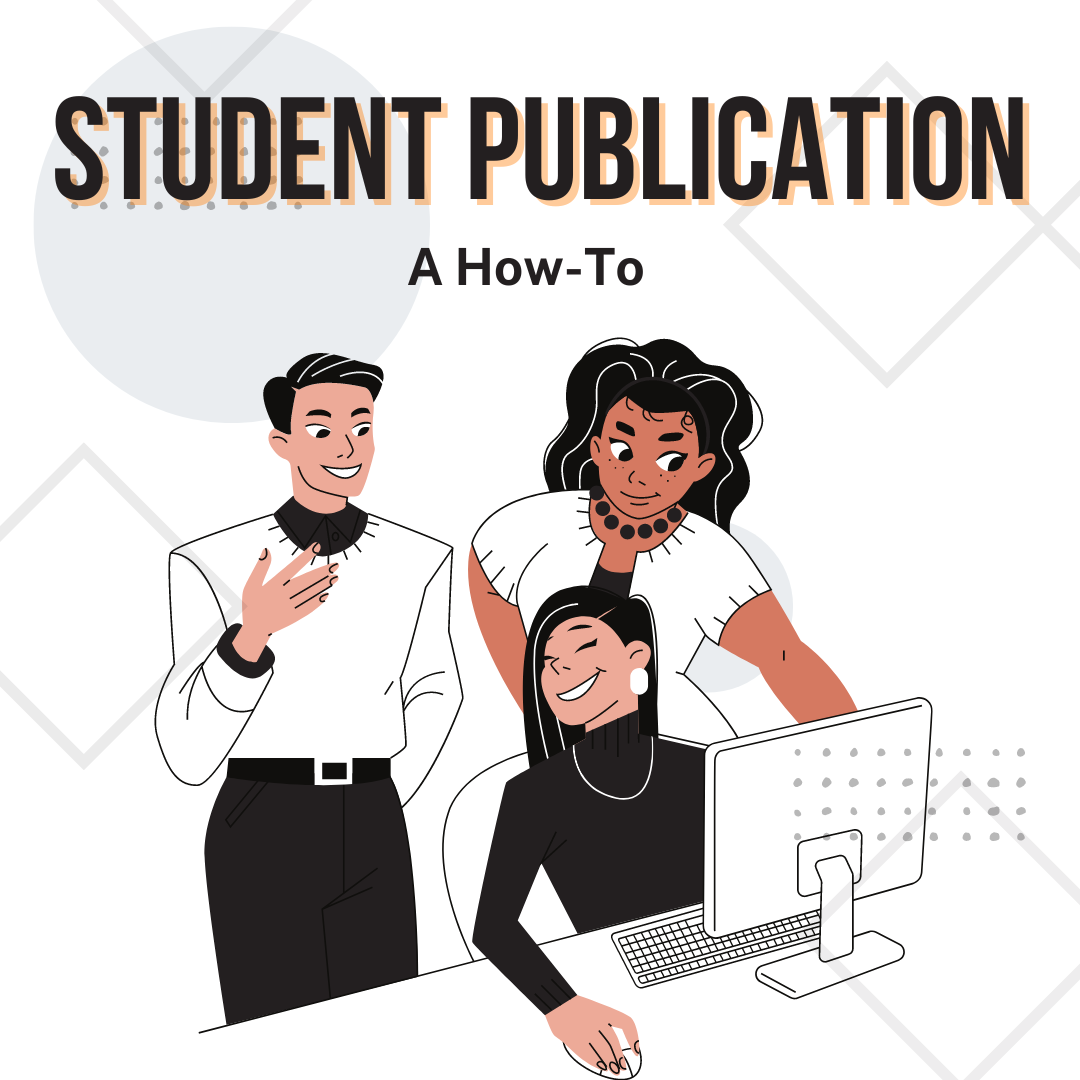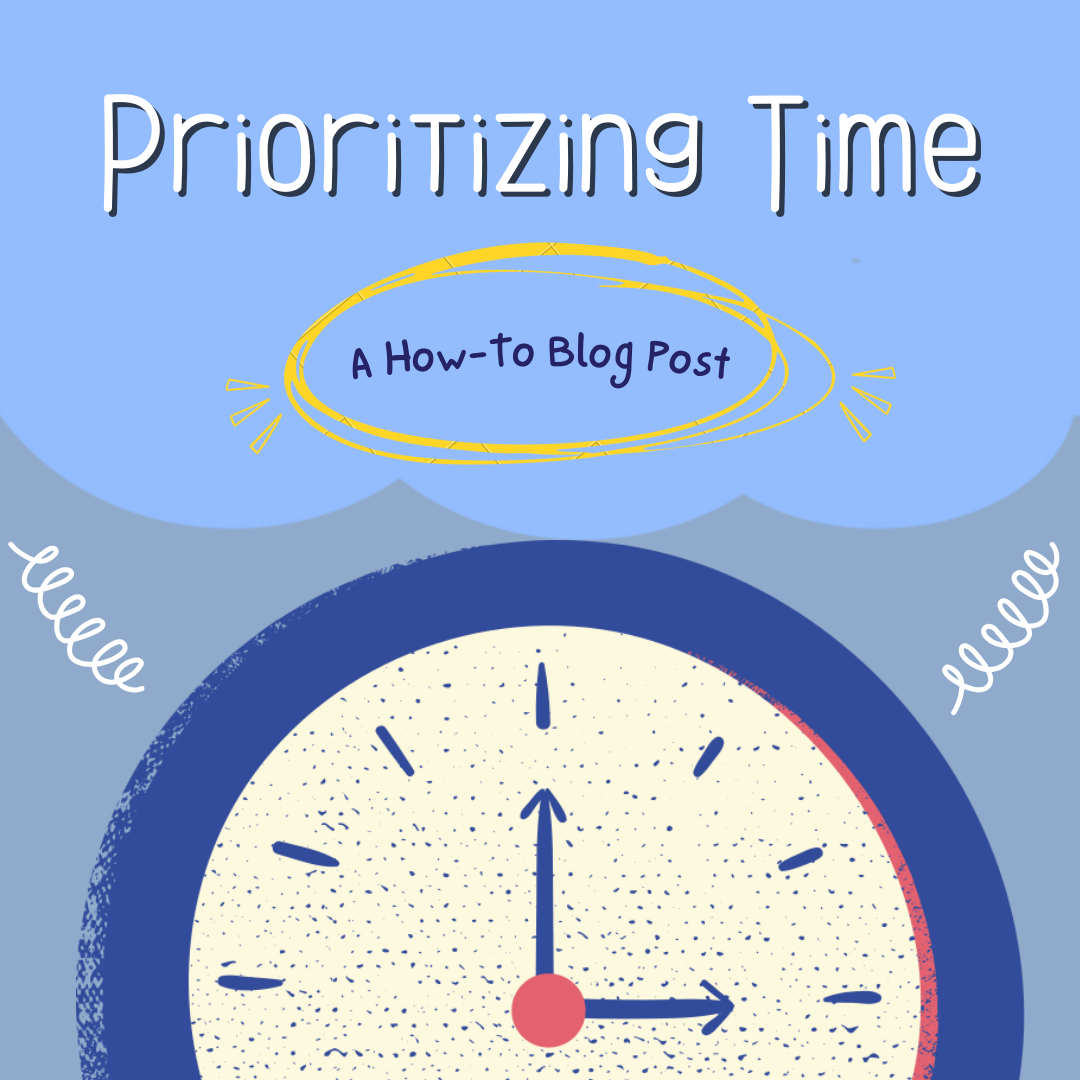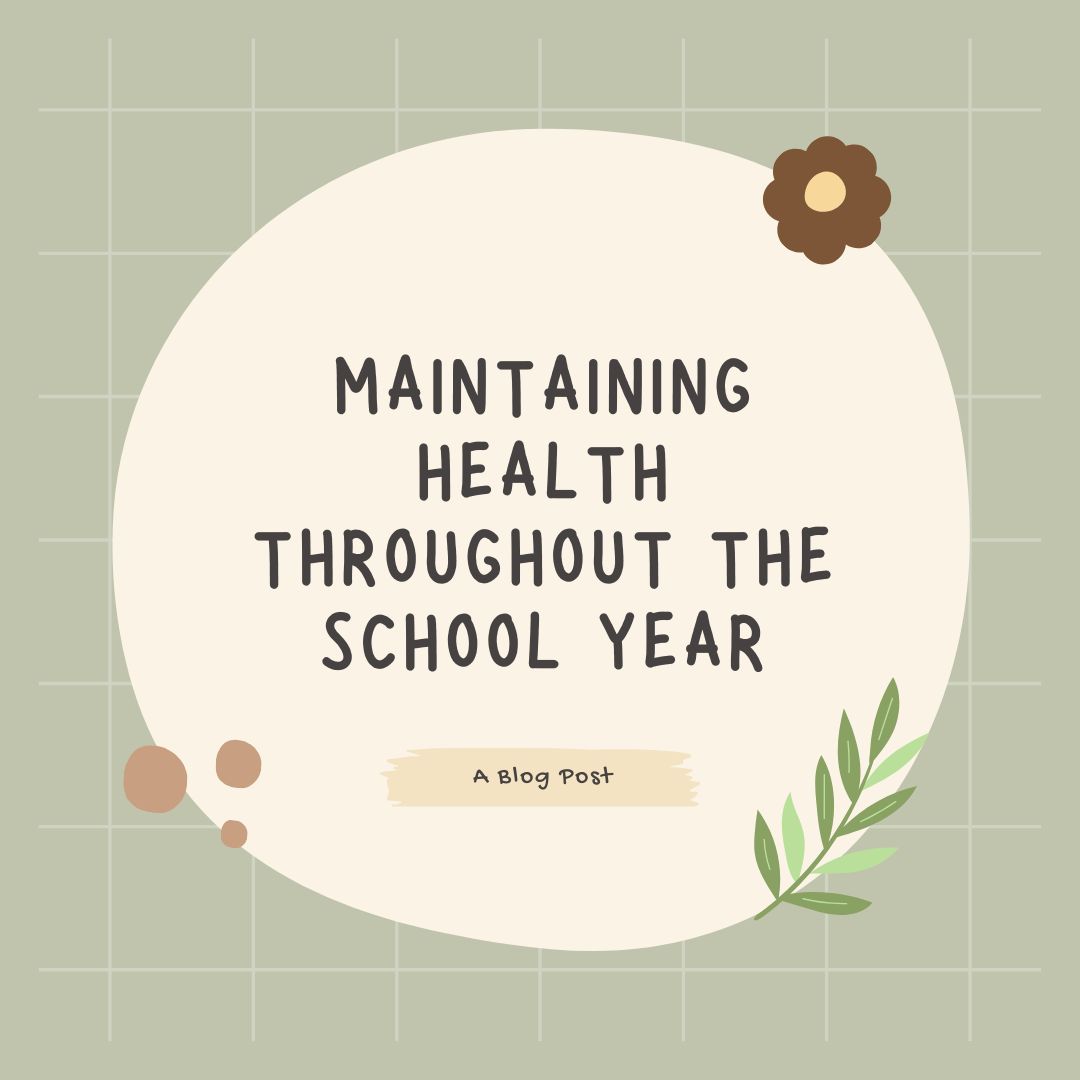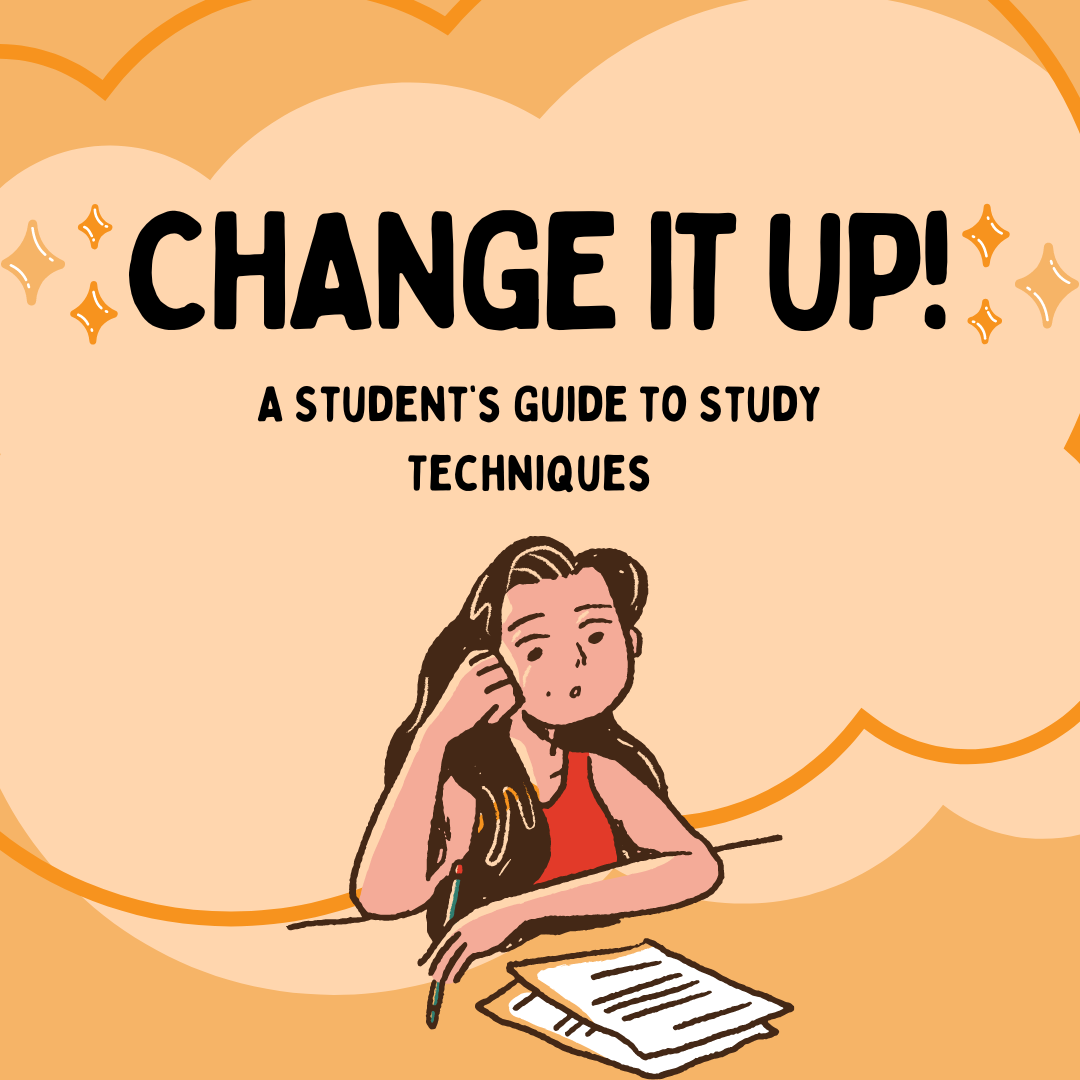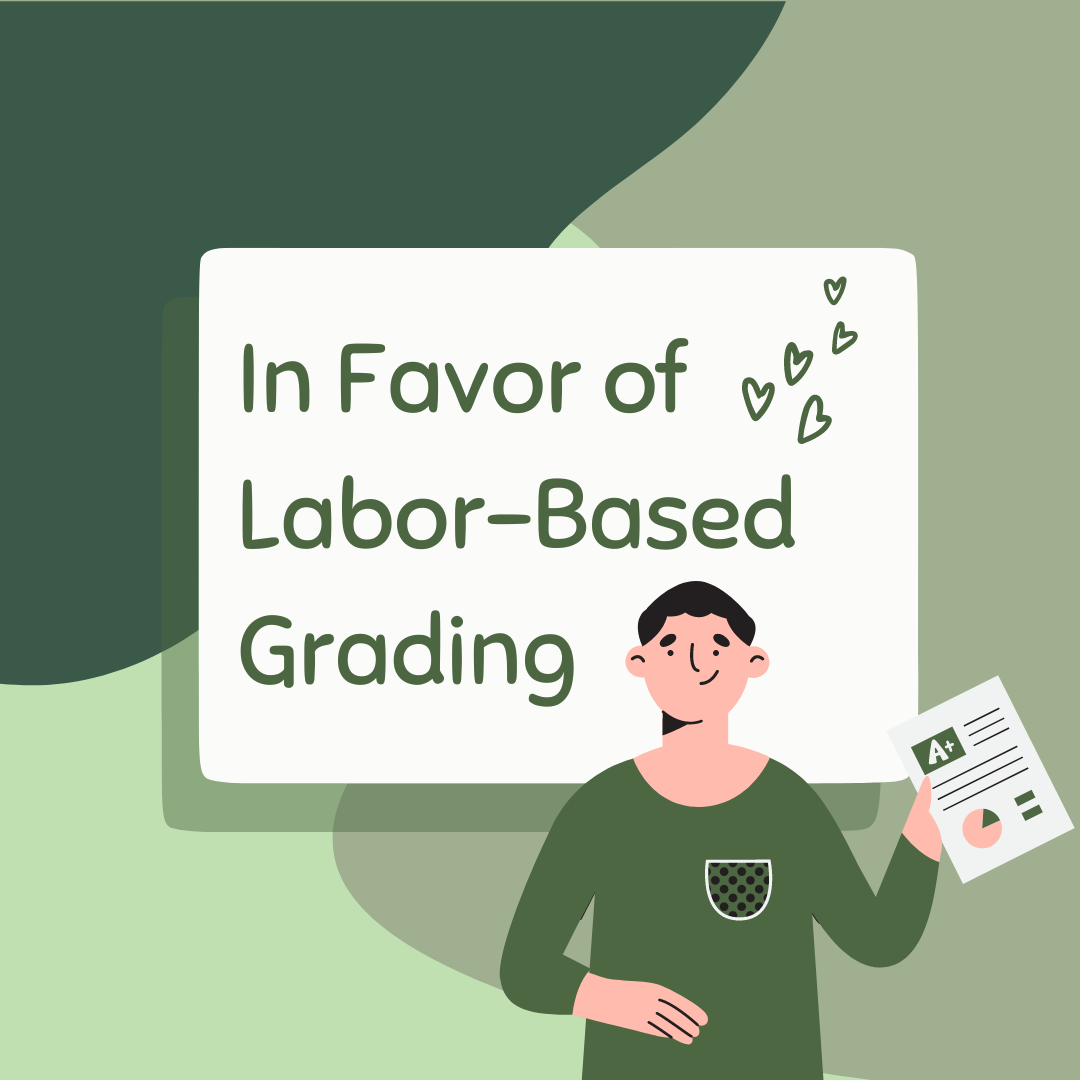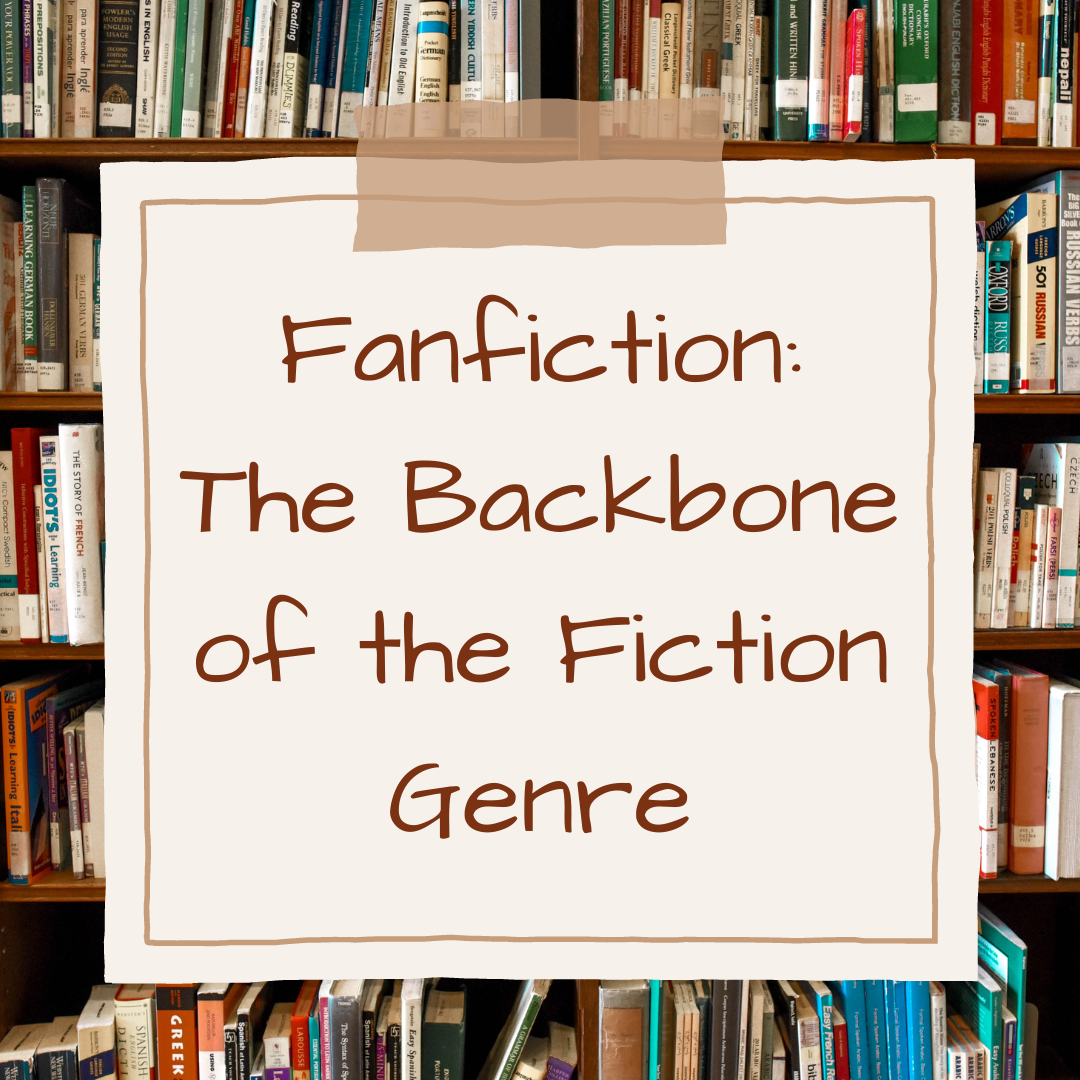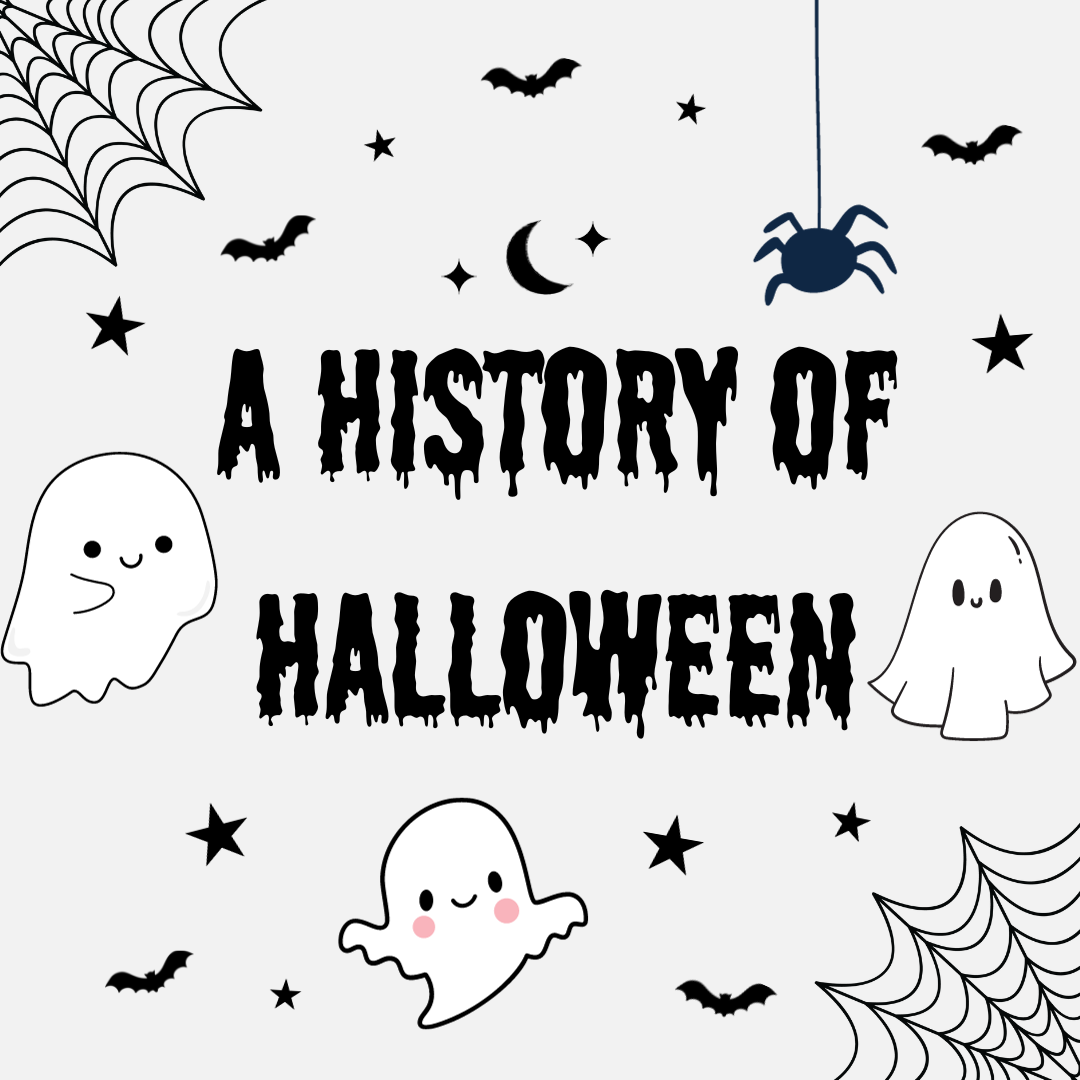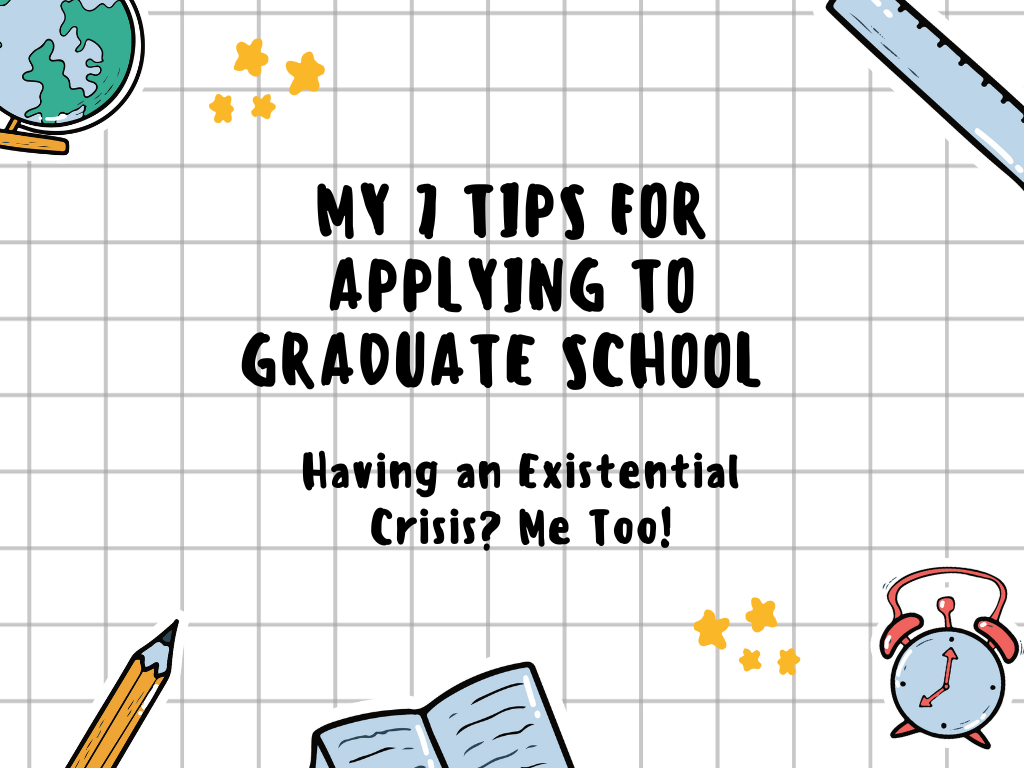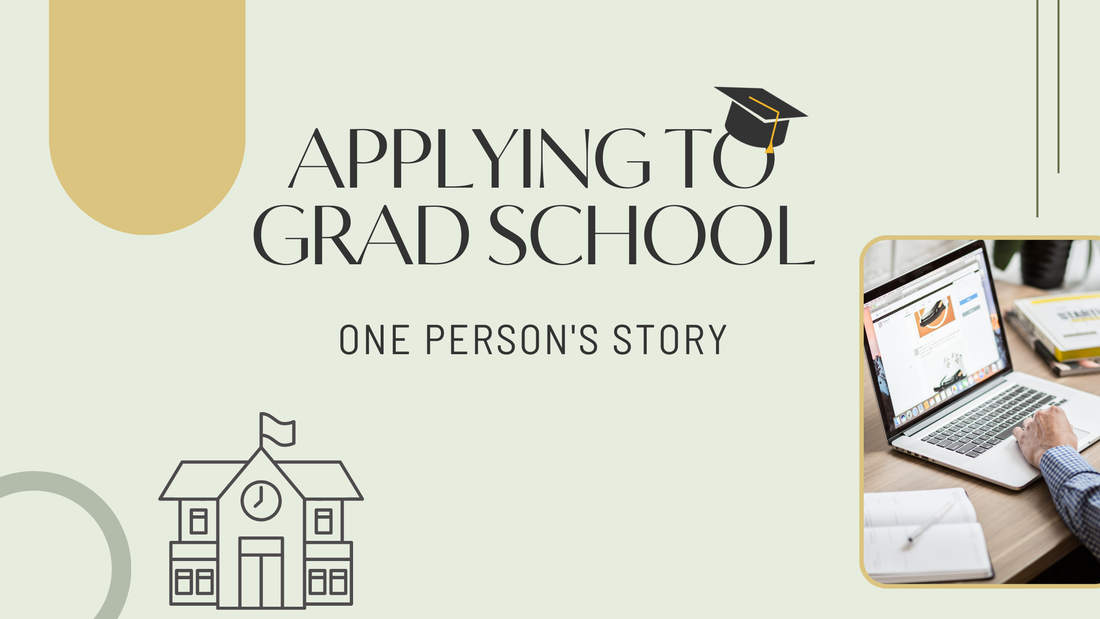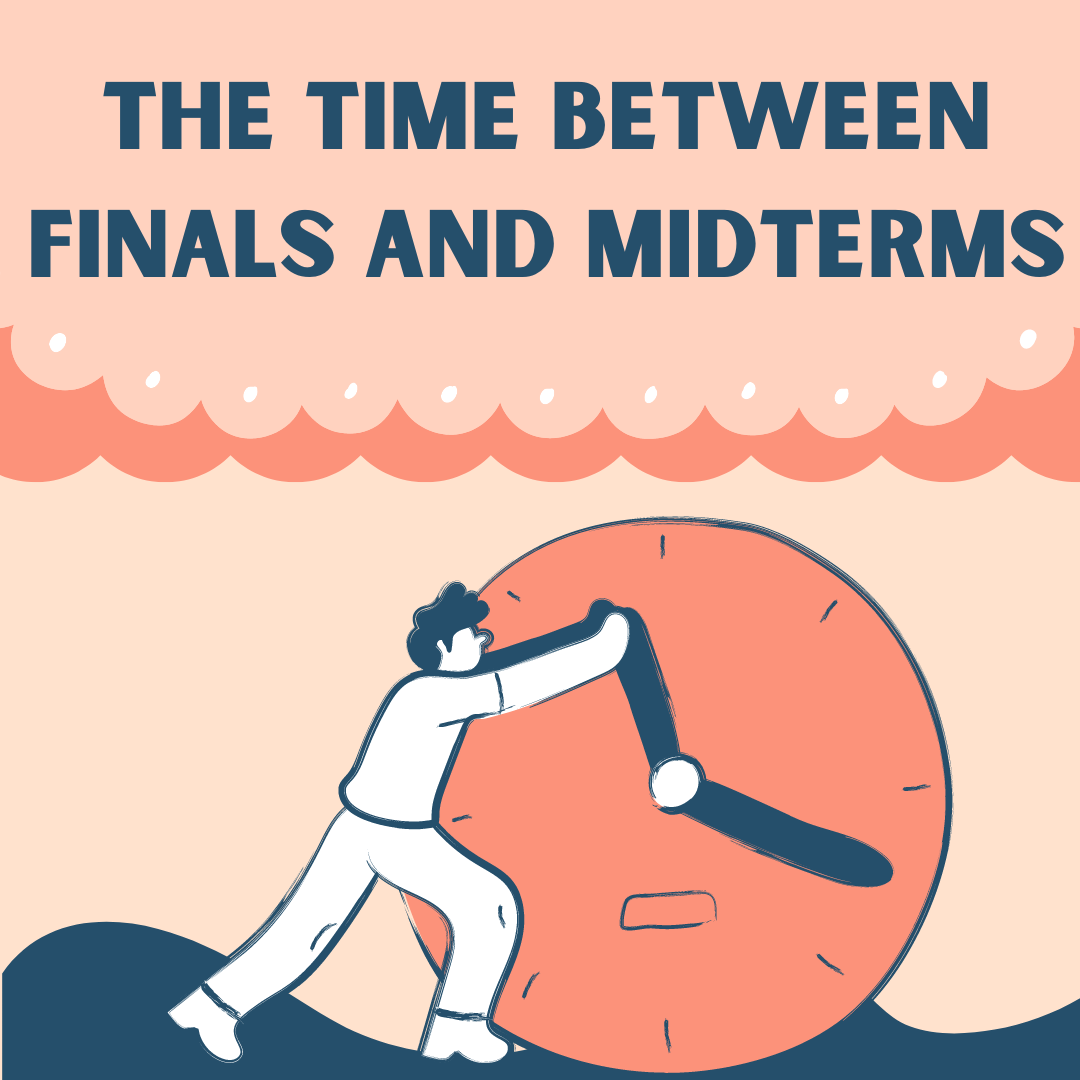|
By Grace Woods
Just the other day, through SU Writing Center’s very own Alex Smith, I discovered a very cool, ongoing publication, Process: Journal of Multidisciplinary Undergraduate Scholarship through the University of Washington, Seattle. In recent years I’ve become more acquainted with various student publications, each one more thoroughly enveloping my awe and delight for writing, and writers. As an undergraduate, I published some poetry and other multidisciplinary works, and while as a student there are incentives of building my CV in research and writing portfolio, as a writer, I’m reminded of the value in the quiet, side-street submissions I have read that have tapped into a transference of emotion, understanding, and critical thought between humanity. Additionally, my experience includes editorial practice, as I spent two years of my undergraduate degree as a student editor of University of Washington, Bothell’s student research journal, The CROW. Between the writing centers at SU and UWB, I’m accumulating three and counting years of peer writing consulting. Whether I’m working with a writer remarkably more articulate than I or supporting a new student beginning their higher education writing experience, we all have something to gain in putting our work out there and taking time together to consider what we want to say. Joining a student publication greatly enhanced my writing skills, Submitting our work is often intimidating and sometimes feels unapproachable. While our confidence can grow when we might find ourselves in a position of being published, being rejected or a fear of being rejected can keep us from seeing the big picture: how our unique voices fit into the scope of our academic and literary communities. There are immense growth opportunities in submitting our work, even retrospectively, and below is a non-exhaustive list of tips I’ve accumulated over only a few years of submitting my own work. Discover different publications: Many, but not all, publications are for specific university’s student population only. Start by searching your current school or alma mater’s publications. You can search more broadly for intercollegiate publications, such as Young Scholars in Writing. The next step will help you narrow down what you might be looking for, whether it’s research writing or creative fiction. As mentioned, some university publications accept pieces from former students who have already graduated! Start by reading the publication’s About, Mission, Purpose, etc.: What type of publication is it? Research journal, creative writing, multi-media, or contemporary discussions on cultural, scholarly, historical, political, or scientific fields? There are innumerable topics. I’ve found the most approachable are ones that are categorically broad, such as “research” or “literary arts,” but even then, there will often (though not always) have a collective intent on how the specific publication fosters its writers’ voices. Read past published pieces: Whether you find a promising publication or are still shopping around, read some past issues! Most are now available free online or through university library loan services. Consider the student voices represented, how they might compare to some coursework writing you may have already submitted. As your academic experience grows, you may start noticing the diverse literary styles, citation formats, persuasive techniques, reflexivity statements, even revelations of vulnerability the authors might include. Work with a Writing Consultant: If your school or alma mater has a writing center, you can make an appointment with a peer writing consultant at various stages of your submission process, including brainstorming and pre-submission. Having chosen your publication and/or your piece(s) for submission (you can usually submit more than one!), take as much information as you have to your consultation, and consider what questions you have for the process. For students at Seattle University, the Writing Center is available while school is in session year-round; a link for scheduling appointments can be found here! If you have questions, reach out to the publication. They’re writers too and have probably been in your same position. There’s likely at least one email address available associated with the publication, or a direct messaging link on their website. If you don’t get a response, it may have just been overlooked during a pressing time; it’s okay to follow-up after a week or two of no response. You can also draft questions for the publication with a writing consultant! This is a good time to clarify if they accept work from alum as well. Submissions are often not the final draft of your work. If the publication offers a contingent acceptance of your writing, they will work with you on recommended revisions to ready your piece for publication. This may happen several times, and it’s important to approach each as a learning opportunity. Sometimes with revisions, timelines don’t work out; if they cannot accept your piece for current publication, ask if it can rollover to the next! As mentioned above, often publications will accept pieces from their graduates. Other things to keep in mind: Usually, publications will not accept any pieces published elsewhere. This includes writing on social media. If you have a social media account with your published writing, they may ask you to remove it. Speaking of social media, check out different publications’ sites. Some in-print publications might not have media accounts, but by looking you might discover more about what they’re looking for, such as themes or topics. Something to keep in mind is, I’ve never found a student publication with submission fees, but as you grow your reach as a writer, you may find them. Sometimes there are stipends for your published pieces, and if you check out some links below, even some scholarships! Reach out to your professors! Especially your writing, English, and research professors, but others as well. They are most likely published and may have some sound advice or publication directions specific to what you are hoping to accomplish! Rejection is a part of the process. Remember it’s unusual to not experience rejection at some point the more you put your work out there; if the publication doesn’t provide feedback at the time of a rejection, it’s a great opportunity to work on your communication skills and feedback receptivity by inquiring further as to why your piece wasn’t accepted. Some student publications from WA state and North American universities blue moon Cellar Door Clamor Fragments Jeopardy Journal of Purdue Undergraduate Research Paper Crane Journal Process: Journal of Multidisciplinary Undergraduate Scholarship Spindrift Seattle Journal for Social Justice Seattle University Undergraduate Research Journal The CROW The Spectator Write the World Young Scholars in Writing Yours Truly Other, more comprehensive lists of student publications An Undergraduate’s Guide to Funding and Publishing Research Council on Undergraduate Research Journal of Student Research Research Journal Listing Student literary magazines from North American higher academia Other publications POETRY Magazine
0 Comments
By Olivia Merrick
"Prioritizing is the key to success!” At this point, that sentence has been used so many times, that I feel as though it’s begun to lose its meaning. As a college student, this kind of advice can be stressful to receive. Does everyone else your age already have prioritization down to a science? Where did you miss that message? Are you really not going to be successful unless you can learn it? How do you even begin to learn the skill when it seems like no one’s willing to teach you? The truth is, learning how to prioritize can be a really difficult skill to acquire. I’m certainly not an expert—I am still a college student, too—but I’ve seen my ability to prioritize improve dramatically over the past few years. Below, I’ve written out the approach I take so that you can implement some of the steps in your own life! - Use a planner. I personally use a physical planner, but I know people who swear by Google Calendar or other online planners/calendars. Whatever your cup of tea is, using a planner regularly is a great way to keep track of when you have different assignments due. That way, when you structure a plan of attack, you know what kind of timeline you’re operating on. I’ve also found that color-coordinating my planner helps me see what I have due in each of my classes, which helps me feel more organized, and, consequently, less overwhelmed. - Make a to-do list. I’ve found that to-do lists are most effective when you make a new one every day. Sit down with your list and your planner and look over what assignments are coming up. What deadlines are the most pressing? What assignments can wait until tomorrow? By breaking down your work into a simple urgent/can wait system, you can help yourself feel less overwhelmed by what you need to get done. - Do a mental check-in with yourself. Ask yourself how you’re doing mentally. Figure out your bandwidth for the day. What do you need to be able to complete your work? How can you make that happen? If you’re tired, perhaps you can work hard for a few hours in the morning and take the afternoon off, therefore distributing just a little bit more work over the course of the next few days. Taking care of your physical and mental well-being is key to performing well in school and being able to focus. - Break down each item. Once you’ve made your to-do list, here is where you can really begin to prioritize your work. Look at each item on your list and ask yourself some of the following questions: o How much time will this assignment take me? o Have I already started it? o How much is it worth when it comes to my overall grade? - Restructure your list. Now that you have broken down each element in detail, assign numbers of importance to each item on the list. Assign “1” to the assignment that will take you the longest and have the biggest impact on your grade, and then work your way down from there. By starting with the biggest task, you can use your brain at its least exhausted to get your work done, which is a really helpful approach. - Consider external factors. Other important elements to factor in rely on you knowing the environment you’re working in. Does your apartment get loud at a certain time every night when people get home and start making dinner? Does that noise make it harder for you to focus? If so, that’s another element to consider planning around, and knowing these things about yourself and your workspace will pay dividends when the time comes. Also, bearing in mind the additional commitments you have made for the day—classes, work, time with your friends, etc.—can help you plan a reasonable amount of work to complete depending on each day. Of course, the approach to managing time looks most effective in different forms depending on the person. This is just the approach that I’ve found to work best for me, but maybe, you find that simply relying on your planner or making a weekly to-do list is the most helpful way to manage your time. The key is trial and error to find what works best for you! Additionally, it’s important to remind yourself that you are human, and that you might not be able to get to every single thing on your to-do list on a given day. Sometimes, life deals you an unexpected hand that causes plans to change. Give yourself grace when you don’t accomplish as much as you might have hoped to on a given day and remind yourself that tomorrow is a new start! Maintaining Your Health Throughout the School Year
By Olivia Merrick As students, we’re always busy. Between classes, jobs, extracurricular activities, and our friends and family, it can feel like you’re being pulled in a million directions at the same time. As a result, things can begin to slip through the cracks. Personally, I know I’m guilty of not taking care of myself as much as I should be. One of the pieces that can be the easiest for me to let go of is my physical health, but letting go of this particular element of life can have negative repercussions on the ability to thrive both in and out of school. If this is something you struggle with, too, I’ve made a list below of some of the different ways that I take care of myself physically to perform to my highest potential mentally and socially to try and remedy this problem.
Works Cited: Center for Disease Control and Prevention. Benefits of Physical Activity. Center for Disease Control and Prevention. 16 June 2022. https://www.cdc.gov/physicalactivity/basics/pa-health/index.htm Center for Disease Control and Prevention. How much physical activity do adults need? Center for Disease Control and Prevention. 2 June 2022. https://www.cdc.gov/physicalactivity/basics/adults/index.htm Cleveland Clinic. 11 Foods That Boost Your Immune System. Cleveland Clinic. 30 December 2022. https://health.clevelandclinic.org/food-to-boost-your-immune-system/ Cornell Health. Sleep. Cornell Health. https://health.cornell.edu/resources/health-topics/sleep#:~:text=In%20fact%2C%20according%20to%20The,poor%20health%2C%20and%20low%20energy. Harvard Health Publishing. Foods linked to better brain brainpower. Harvard Health Publishing. 3 April 2024. https://www.health.harvard.edu/healthbeat/foods-linked-to-better-brainpower Mayo Clinic Staff. Caffeine: How much is too much? Mayo Clinic. 19 March 2022. https://www.mayoclinic.org/healthy-lifestyle/nutrition-and-healthy-eating/in-depth/caffeine/art-20045678#:~:text=Up%20to%20400%20milligrams%20(mg,widely%2C%20especially%20among%20energy%20drinks. By Olivia Merrick
Studying always seems so easy in theory. All that we’re taught we need is to sit down with the content we need to learn and compute it to our memories so that we can put it to use on an exam, on a paper, or within another project. Sounds simple enough, right? The truth is, it’s never that easy. It’s super overwhelming to sit down and stare at what feels like an endless pile of terms and content that you feel like you’ll never fully understand, no matter how hard you try. In times like this, just starting your work can feel like an insurmountable task and, more often than not, it can feel like there’s no good place to begin. One of the things that can be really helpful is employing a specific study strategy. There are a bunch of different methods and opinions on the best ways to study, and below, I’ve written three of them out for you to try! The best way to study is super personal, so test out a handful of different techniques to find what works for you!
For more study techniques, check out the link at the end of this post from which the three examples were drawn from. Remember, there is no “best” way to study, as the best way is the way that works for you. Experiment with different study methods until you find the one! Source: https://www.usa.edu/blog/time-management-techniques/ By Olivia Merrick
If you had asked me what I thought about labor-based grading contracts when I was in high school, I would’ve had to ask you what that was. I’d never heard of labor-based grading contracts until I started college, and now that I’ve had multiple classes with a labor-based grading contract, I can whole-heartedly say that I believe all writing-based university classes should seriously consider a labor-based grading system if they want students to succeed. Labor-based grading contracts have an intimidating name for a pretty straight-forward grading style. As an article on labor-based grading contracts from Barnard College explains, when professors use this grading style, they collaborate with their students to create a grading contract that is based on the amount of labor that we will need to put into the class to receive a certain grade. This takes the pressure off subjective “quality of work” and, instead, asks that we put in a certain amount of work to achieve their desired grade (Barnard College). Now, this might seem like a bit of a far-fetched concept. One might ask if students know they’re being graded on putting in a certain amount of work, how is a professor to ensure that students are learning the content? Who’s to say students being evaluated under a labor-based grading system will try their best in the class? The reason that I'm personally so in favor of labor-based grading contracts over traditional evaluation is because of the separation that occurs between the content I submit (and the information I learn in the process) and the grade I receive for my effort (Barnard College). I think that, far too often, we exist in a system that teaches us that our worth is based off a subjective opinion that leads to the grade we receive, and that can be really damaging to how we view ourselves. If I’m constantly working for the best grades, and not to actually learn the content, I begin to prioritize a letter or a percentage above everything else. If the letter isn’t good enough, then I begin to feel as though I’m not smart enough. Consequently, I’ll often do whatever it takes to submit something that will get me the best grade possible, even if it’s not my true opinion. As discussed in article by Barnard College on this topic, by being graded on effort, as opposed to how “correct” we are, we will gain the opportunity to grow and learn without being punished. As students, we can grow to believe that the most important thing about our effort in class is the fact that we try, not whether we're “perfect” the first time we submit something. We will be given more opportunities to engage with course content without fear of it resulting in our grade being hurt, and, in doing so, will learn more than we would’ve if we were submitting assignments to try and tell the professor what we think they want to hear (Barnard College). Additionally, using labor-based contracts benefits professors. Rather than having to spend time stressing about what really distinguishes a 70 from a 69, an 80 from a 79, and so forth, professors will have an objective, pre-established standard for what kind of work results in what letter grade a student earns. As a result, professors will free up more time to offer critical, tailored feedback for each student, resulting in more concrete opportunities for student growth in writing. Furthermore, labor-based grading contracts still require that we put in effort. For example, in some classes, a student might have an upcoming paper, and, in accordance with the grading contract, if their paper is 2 pages long, they will get a D, if it’s 3 pages, they’ll get a C, etc. In other classes, grades might be more all-or-nothing; either students get the points for meeting the criteria, or they don’t receive any points at all. We are still required to complete work to get the grade we want, but it is our effort and labor that is being evaluated, not the “quality” of our paper (Barnard College). All of that is to say that I find labor-based grading contracts to be an excellent evaluation technique for students, as it allows us the ability to try new writing styles out and allows us to make mistakes without fear of our grades being punished as a result. Personally, I have found that my writing in courses that utilize a grading contract is much more exploratory, both in terms of content and style, because I’m less afraid that trying a new approach to a paper will damage my grade. As a result, my writing becomes stronger and more certain, and I absorb more of the course content. In my experience, everyone, from myself to my peers to my professors, benefit exponentially from the presence of a labor-based grading contract. Works Cited: Barnard College. Labor-Based Grading. Barnard College. https://barnard.edu/labor-based-grading By Olivia Merrick
I was eleven when I discovered the universe that is fanfiction. It’s a swirling, mystical genre of stories about any existing piece of media or any real person, all placed into just about any kind of situation you can imagine. There is very little as comforting as the knowledge that when you finish a book you love, because the presence of fanfiction ensures that the world you’ve just read about can continue in small, supportive corners of the internet. When I got back into reading, I was initially surprised by how many books I’ve read started out as fanfiction. Authors like Cassandra Clare, Ali Hazelwood, and E.L. James have shot to the tops of the New York Times bestseller lists by writing books that began as innocuous fanfiction about a variety of different pieces of media. However, the more I thought about it, the more I began to understand that these books are probably more the norm than they are anomalies. I was in a Novel Writing Program for years, and I would be lying if I said that I didn’t start out by writing fanfiction in my notes app when I was twelve. And why wouldn’t I try my hand at a genre that felt realistic for someone like me? Anyone can write fanfiction because the only requirements are that you have an idea of your own and an element of pop culture that you care deeply about. Character traits are predetermined, names are selected, and family and friend dynamics are already built. It's up to you, as the writer, to take these bones and make them your own. When you’re learning how to write creatively, the benefit of these seemingly small elements cannot be understated. Writing fanfiction gives writers the opportunity to find their writing style, develop the way in which they structure and build chains of events, and learn how to craft ever evolving relationships through the voices and attitudes of those with whom they connect most. The more time you spend learning how to write, the more time you get to figure out what it is that you want to write. Some of the block-buster authors of today have best-sellers that started out as fanfiction, but I'm certain that plenty more of them honed their craft and found their passion for storytelling through fanfiction. This can come from writing it, but it can also come from simply reading and engaging with other fanfiction. Being able to connect with fellow readers all over the world who love similar things allows people to find a sense of community in a way that they might not otherwise be able to obtain it. Fanfiction often gets a bad rap for the fact that it involves such intense inspiration from popular media and because it is teenage girls who are usually engaged with it, but I truly believe that the fiction genre would not be what it is without fanfiction. Cassandra Clare’s The Mortal Instruments series was a cornerstone of turning the young adult fantasy genre into the behemoth it is today, and it started out as Harry Potter fanfiction. Ali Hazelwood’s The Love Hypothesis, although initially Star Wars fanfiction, led to the introduction of heroines in STEM fields to the mainstream adult romance genre. Hazelwood herself has passionately kept her novel connected to its roots, down to the cover which was meant to directly model the cover of her initial fanfiction version, and one of my favorite authors, Chloe Gong, has explained that her time writing fanfiction led her to the genre she writes in today. To dismiss or tease the validity of fanfiction and its army of growing writers is to misunderstand the importance of it in all fiction writing. The voice it gives lovers of specific parts of pop culture and the platform it gives budding novelists is unparalleled, and critical in continuing to foster a space for fiction novels. The Origins
Have you ever wondered where the concept of Halloween came from? Well, Halloween has some spooky origins. Some of these origins can be traced back to Christian practices. It is speculated that it began as All Hallow’s Eve (Halloween). This was a celebration before All Hallow’s Day (or All Saint’s Day) on November 1 (Halloween). All Soul’s Day took place on November 2, culminating in the three-day celebration known as Allhallowtide (Halloween). This was a time to honor the Christian saints and those who had recently passed. It was believed that the spirits of these dead came back for the day as their souls had not yet made it to heaven (Halloween). But, Halloween can also be traced back to the ancient Celtic celebration, Samhain (sow-in) (Halloween: Origins). The Celts saw October 31 as the last day of the summer and November 1 as the start of the cold, dark winter (Halloween: Origins). Thus, this was a day associated with death. Celts believed the door between the living and the dead became blurred and on the eve of the 31st, the ghosts of the dead returned to roam the Earth (Halloween: Origins)! Celts would have big bonfires and dress in costumes consisting of animal heads and skins (Halloween: Origins). It was here they would present sacrifices to the Celtic deities and tell each other fortunes (Halloween: Origins). However, as Christianity’s influence spread across Europe and North America, this celebration became lost and blended into the practices of Allhallowtide (Halloween: Origins). Trick-or-Treating Trick-or-treating has a long history too. It can be linked to the custom of ‘souling’ (Halloween). In Christian practice, children would ask for ‘soul cakes’ in exchange for praying for the souls of the dead (Halloween). They would leave the cakes out for the souls to eat and would often act as representatives for the dead and eat the cakes themselves (Halloween). When out ‘souling,’ children would carry lanterns representing the souls of the dead and make jack-o-lanterns meant to ward off evil spirits (Halloween). This was also known as ‘guiling’ (Halloween). However, guiling involved disguising yourself in costumes and going from door to door asking for food or money (Halloween). The first recorded instance of guiling in North America was in Ontario, Canada in 1928 (Halloween). This has since evolved into the candy-filled, costume-wearing event that it is today. Towards the end of the 19th century, there was a push in the U.S. to make Halloween more community and family-oriented and less centered around frightening imagery such as witchcraft and ghosts (Halloween). Nowadays, Halloween parties are the most common way to celebrate the holiday! Sources “Halloween: Origins, Meaning & Traditions.” History.Com, A&E Television Networks, 2009, www.history.com/topics/halloween/history-of-halloween#ancient-origins-of-halloween. “Halloween.” Wikipedia, Wikimedia Foundation, 17 Nov. 2023, https://en.wikipedia.org/wiki/Halloween. Written by Brandon Teola
My 7 Tips for Applying to Graduate School: From Someone Who Doesn’t Know if They Have Succeeded Yet Here are some suggestions I have for applying to graduate school! We all have different ways of processing things and organizing information, so take these as mere suggestions that may be helpful when thinking about applying to graduate school or when working on your applications. 1. Don’t Judge a Book (Program) by its Cover! One suggestion I have is not choosing a school to apply to based on its university name or program title. While they can certainly give you important information, it is important to explore the descriptions of the programs, learn about the faculty in the program, look at course descriptions, and examine the financial aid considerations of the program. All these elements are important, and looking into them is something I recommend doing when deciding on the programs you will be applying to. This connects with my next tip! 2. Research! Researching the programs the summer or academic year before you are considering applying to is something that was vital for me, and the information I got from researching these programs with a simple Google search provided me with information that I couldn’t get from the program’s main page. Learning about the campus culture, the surrounding location, job opportunities and career futures for alumni of the program, and even the food scene are all things that helped me make my decisions and narrow down the programs I was going to apply to. Doing all of this early on and getting a head-start on this pre-application work connects with my next tip! 3. Starting Everything Early! I recommend starting your applications early! Whether it means reaching out to prospective professors or supervisors for recommendation letters, drafting supplemental essays, or learning as much as you can about the program, all of these things can help make your process one that is less stressful and not reminiscent of the insanity that was college applications. It is difficult to manage this when you have friendships to prioritize, work to attend, classes to go to, and days where you want to take mental breaks. Thus, starting early and balancing it out in small parts will make the application process feel more manageable when you have so many other things that you are juggling in life! 4. Create a Spreadsheet! On that note, one piece of the process that you may want to start early on is a spreadsheet! There are many templates out there to help track your application progress that are open for you to use from blogs, YouTubers, etc. On my spreadsheet, I included four different tabs: 1) General (included all the information I found important like program name, faculty I am interested in working with, financial information, prompts for essays, etc.); 2) Application Portals (links to all of my application portals); 3) Recommendation Letters (keeping track the number and contact information for all of references and having the application deadlines so I knew the different dates that I could communicate to them); and 4) Application Checklist (a checklist for all of the supplemental materials I needed like resumes, supplemental essays, letters of recommendation, etc.). This spreadsheet worked for me, but this organization style may not work for everyone. There are other alternatives (planners, one big document, a mind map), but my main suggestion is to find a single space where you can track all the information you need in a medium that works for you! 5. Talk with Mentors/Professors! Talking with mentors, especially people who have gone through the graduate program application process before, is one suggestion I have when going through the application process. They can hopefully give you helpful advice, even if they completed the process when it was much different and less competitive. Talking with professors or supervisors who are specifically writing your letters of recommendation is a great way for them to get to know you as they prepare your letters! 6. Get Advice from Your Friends! Friends are also amazing people that you can turn to for advice or to rant about how stressed you are during this process. Even if your friends do not have experience with the graduate school application process or undergraduate college application process, they can still provide you with valuable advice. Your friends know you so well, so they can help you make decisions about choosing schools based on your dreams, desires, and dislikes. Just like how you may turn to your friends for any type of decision, you can turn to them when thinking about graduate school! Now here comes the most important tip! 7. Take Breaks! This is so important! Planning ahead definitely goes into this, too. Making sure to take time to rest, watch your favorite shows, spend time with friends, and eat some good food are all important things that I recommend you do during this process. It can be really stressful to think about and to plan, so taking time to take mental health breaks and prioritize your well-being is so important! I hope these tips were helpful! Look forward to more graduate school posts in the future! By Sabrina
I wrote a blog post (coming soon) about my reflections on grad school as a whole. However, I wanted to start at the beginning and explain why I chose the program I did. As the title states above, this is just my personal story. There are lots of different paths, but I wanted to break down the process for those interested and expand on how I broke down the four big questions about applying to grad schools and programs. The Big Questions to Consider
My Answers When I started my undergrad program at Seattle University (SU), I knew exactly what I wanted my career to be: high school English teacher. I even double majored in Humanities for Teaching and English to cover all my bases. While some undergrad Education majors allow you to graduate with your teaching certification, mine didn’t. This was a critical piece necessary for me to actually get into a classroom, either as a teacher or a substitute. So yes, I needed additional education to get a job in my field. This is where I started to explore my options: I could either get just my teaching certification which could take around 6 months; or I could get my master's in teaching in a year or two, giving me both a master's degree (meaning a larger paycheck) and my teaching certification. Pretty quickly, I decided that I was going to go straight from undergrad into my master’s program, instead of taking some time off of school. At the time, I was already used to being in school and assumed that while grad school would be more challenging, it would be similar to undergrad. I’m also the type of person who wants to see something all the way to the end; plus, I knew if I didn’t do it then, it was extremely unlikely I would return later. Fueled by chasing after the requirements for my dream job, and not knowing what else I would do instead, I began the search for a master’s program that could get me my teaching certification and my master's in education. There were three obvious options with the program I wanted: Seattle U, a large public school, and a small private liberal arts school as a back-up. My original plan was to apply to SU and the larger school, however I wanted additional options and struggled to find them as I researched on my own. Ultimately, I only applied to SU’s program, purely because the larger school’s website was almost impossible to find information on, and I missed the application date. To be overly honest, I even created my application for SU halfway through January and submitted it on February 1st for the priority deadline. The whole idea of applying to grad school was terrifying and overwhelming, and I procrastinated a lot but still finished strong. The Application Process There will be different requirements for different programs, however some things will remain the same for most. It is pretty standard to submit your academic transcript, a one-page Personal Statement, and 2-3 letters of recommendation from professors or other references. If you are struggling with the application process, I found going to the Career Engagement Office helpful, as they are a valuable resource for post-graduate applications. Additionally, I also looked for a professor or mentor in my department. I was lucky enough to rely on one of my Humanities for Teaching professors for advice and guidance throughout the application process. In terms of the Personal Statement, I sent my statement to multiple colleagues at the Writing Center and my professor to get different perspectives and advice as I made hundreds of small adjustments trying to perfect it. I wanted to ensure that anyone would be able to read my Personal Statement and understand what I was saying, not just people from my discipline. I would suggest using a personal voice in your writing so the reader can see who you are, especially since the rest of your application is very analytical, but ultimately, it’s up to you and how you feel most comfortable writing. If I had applied to multiple schools, I would have created different Personal Statements to be more tailored to each program’s values and focus. Another great potential option is to write confidently; you are your own worst enemy! Once your application is submitted, there is nothing to do but wait. If you pass the first round, you will typically be called in for an interview. I personally found the Career Engagement Office to be especially helpful for interview prep. In some programs, there may even be a second or third round of interviews. These interviews can also range from group interviews with other applicants to personal interviews. I was invited to my interview two weeks after submitting my application and had my interview on a Saturday at the end of February. Interviews will typically be in person, unless you are unable to physically be there, but mine was still close enough to the pandemic that it was held virtually. I was lucky enough to hear back about my acceptance at the beginning of March, about a week or two after my interview. While this is just my path and experience, there are lots of different ways to continue or return to education and follow different paths. I wish you the best of luck on your journey. You can accomplish so much and overcome so much more! By Olivia Merrick
Midterms and finals are typically framed as one week of madness in which all of your classes have an assignment (or maybe multiple) that are all due at the same time with incredibly high stakes attached to each of them. After being in college for two years now, I’ve come to realize that midterms and finals aren’t so much individual weeks as they are a combined season of high pressure. The speed of courses picks up, and it feels like you’ve got something major--be it a paper, an exam, or a presentation--in every single class for weeks on end. But there’s always a moment where the smoke clears around weeks 8-9. You get a chance to catch your breath, but trying to recover from the chaos of midterms and the impending pressure of finals week can easily end up feeling less like a break than one breath of fresh air before you dive back in. The question for me has always been how do I stay on top of my work, and also figure out how to get some time away from the pressures of school? Below, I’ve listed some of the steps I take to balance these two goals, that, at first, might appear to be contrasting aspirations. As you look through these suggestions, you’ll find that there are, indeed, commonalities between them; they both prioritize taking care of yourself.
These are just four things that you can do in order to help you recover from the stresses of midterms while also preparing for the stresses of finals week. There are plenty more, and you should prioritize doing what is best for you to conquer the chaos of weeks 5-10! |
SUWC Blog AuthorsAny posts on the SUWC Blog are authored by current consultants working to improve, refine and perfect our practice as peer tutors. Find a Post!
January 2024
Categories |
